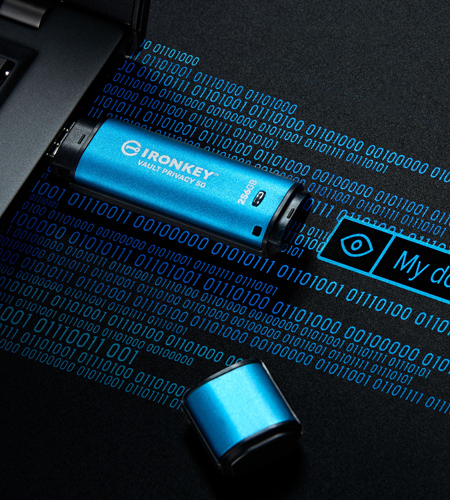All businesses handle sensitive information at some point in their daily operations, whether it’s managing staff payroll data or securely storing intellectual property.
However banks, investment companies, and other financial institutions deal with sensitive information in almost every aspect of their business.
Securing customer financial records is not only an essential element of the service offered by financial institutions: it is a legal obligation that carries serious consequences in the event of mishandling of private data.
These obligations are compounded by the fact that financial institutions are “primary targets for cyberattacks,” according to the Center for Strategic and International Studies , which further explains that banks are a veritable “all-you-can-eat buffet” for cybercriminals, offering “multiple opportunities for profit through extortion, theft and fraud.
” Financial data held by banks, investment companies and credit unions is particularly valuable because criminals can quickly obtain bank account numbers, credit card information and transaction details to steal funds or demand a ransom.
When cybercriminals strike, the consequences are costly, averaging $5.97 million. This is the highest amount across all sectors, excluding the health sector.
Faced with the risk of identity theft, financial fraud, and even corporate espionage, financial institutions must ensure the effectiveness of their data loss prevention strategies and keep them up to date.
However securing financial data “at rest” is only part of the challenge, as it is often necessary to transmit data between people and computers, whether from office to office or across borders. one continent to another.

When a poorly protected computer or storage device containing this type of information is lost or falls into the wrong hands, assessing the damage and protecting customers from the fallout can be costly and very costly. time-consuming.
Even USB drives that have been encrypted using a software solution, like BitLocker and many others, can provide a false sense of security. Let’s be clear, encryption software alone is not enough to protect against brute force attacks, as brute force attacks can easily crack common passwords in seconds, and more complicated passwords in hours or days.
That’s why hardware-encrypted USB drives and SSDs, such as the Kingston IronKey Vault Privacy 50 USB Flash Drive, the enterprise-grade Vault Privacy 80 External SSD, and the military-grade Keypad 200 and D500S USB Flash Drives, are the only type of portable storage capable of providing true peace of mind when transporting sensitive financial data.
Thanks to their secure microprocessor integrated into the disk, the IronKey Vault Privacy 50, Keypad 200 and D500S USB keys and the 80ES SSD can detect attempts to enter multiple passwords (called “brute force attacks”), and to perform an encrypted wipe before hackers can break into the system.
And thanks to the military-grade tamper-resistant epoxy construction of the KP200 and D500S USB drives, it’s virtually impossible to take them apart to attack their components without destroying them and the encrypted data they contain.
The consequences of a data breach not only damage a company’s reputation but also its legal and financial position. Data protection regulations, such as the SEC’s cybersecurity disclosure requirements or the EU’s General Data Protection Regulation (GDPR), are very strict.
Also, sensitive financial data must be protected by appropriate measures, such as encryption. Financial professionals should turn to hardware-encrypted USB/SSD drives to transport data risk-free to comply with these regulations and avoid significant fines and legal penalties.

The potential vulnerability from exposure of sensitive data is heightened for international business travelers in the financial sector, particularly in destinations with more intense digital restrictions.
In some countries, authorities may require that an employee’s device be unlocked and possibly photographed for investigative purposes. For confidential customer information or a company’s intellectual property, this presents a significant risk of breach.
Using a hardware-encrypted IronKey USB flash drive and external SSD can provide better data protection than a laptop or phone.
Although they may be legally confiscated for some time, encrypted USB drives and SSDs can be handed over to authorities with the confidence that the data they contain will remain protected and inaccessible.
Given the value of assets managed by financial institutions, as well as the volumes of personal data essential to their operations, data protection officers in the financial sector must seriously invest in data protection and equip their employees with the tools adequate to avoid the consequences of a data breach or hack.
IronKey hardware-encrypted USB drives and SSDs are essential tools for ensuring data security without complicating existing workflows.
By protecting sensitive financial data with a trusted solution while it is in transit and when it is most vulnerable, financial institutions can strengthen their cybersecurity defenses and, more importantly, prevent breaches. costly attacks before they happen.
So whether you are a national, continental financial entity or a truly global financial services organization, Kingston IronKey offers a wide range of hardware-encrypted USB and SSD drives tailored to the specifics of finance.
Therefore, these encrypted USB drives and SSDs can mean the difference between relatively inexpensive insurance against data loss and theft and the high price of breaches, regardless of where one works.



